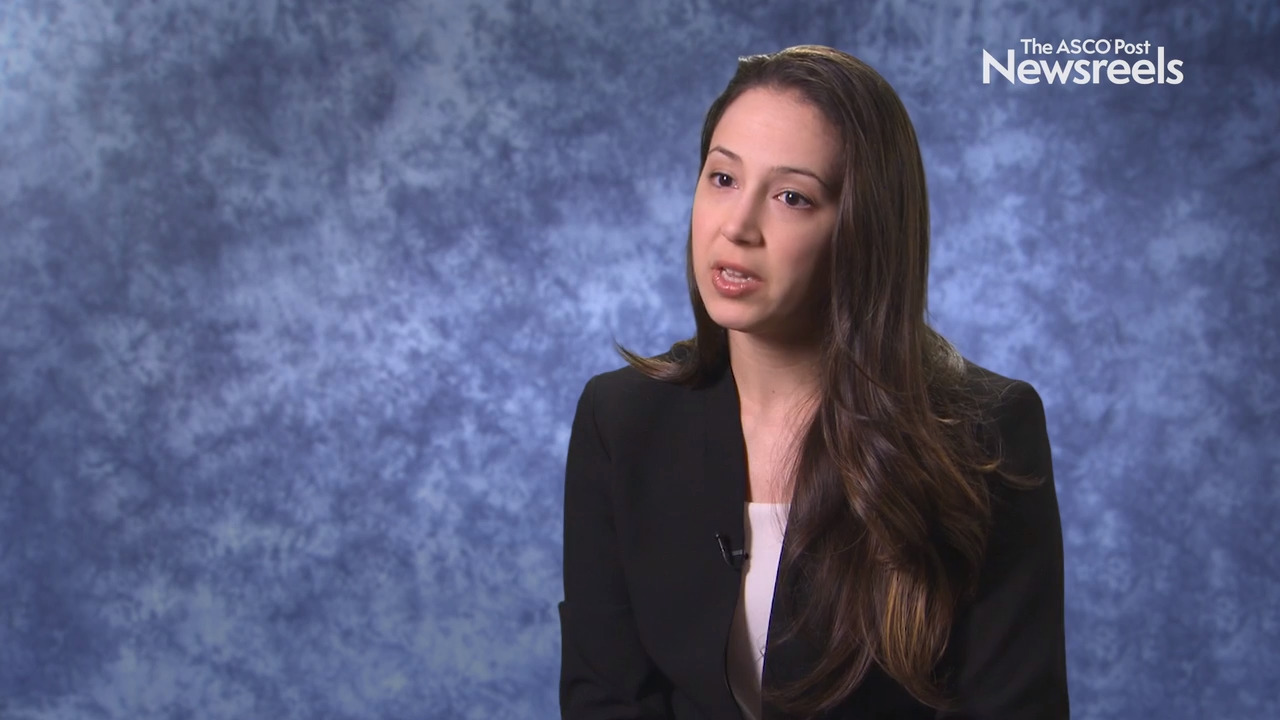Elena Martinez, PhD, MPH, on Diversity in Precision Oncology
2019 Quality Care Symposium
Elena Martinez, PhD, MPH, of Moores Cancer Center at the University of California, San Diego, discusses the challenges of ensuring diversity in precision oncology and potential solutions to address the challenges.
Grace C. Hillyer, EdD, MPH, of Columbia University Mailman School of Public Health, discusses the many barriers to enrolling patients in clinical trials, most notably different attitudes toward and perceptions about research studies among clinicians vs patients. Her findings point to the need for better communication between the two groups and more patient input (Abstract 170).
Karen M. Winkfield, MD, PhD, of the Wake Forest Baptist Medical Center, discusses cultural factors that contribute to cancer care disparities, the role of national policy in addressing inequities in access to care, and what local institutions can do to improve the situation.
Cristina Merkhofer, MD, MHS, of Fred Hutchinson Cancer Research Center, discusses study results showing that for patients with metastatic non–small cell lung cancer at her institution, enrolling in a therapeutic drug clinical trial was associated with a 47% lower risk of death, compared with not taking part in a trial (Abstract 137).
Michael Kenneth Keng, MD, of the University of Virginia, gives a status update on this international program, and discusses future initiatives which include coaching mentorship and publishing articles on quality care (Abstract 7).
Joseph O. Jacobson, MD, of Dana-Farber Cancer Institute, and this year’s recipient of the award for excellence in quality cancer care, discusses the need for quality improvement (QI) to encompass systems of care, the role of QI in preventing suffering, how poor quality affects patient safety, and the ways in which oncologists can learn from errors in other industries.





